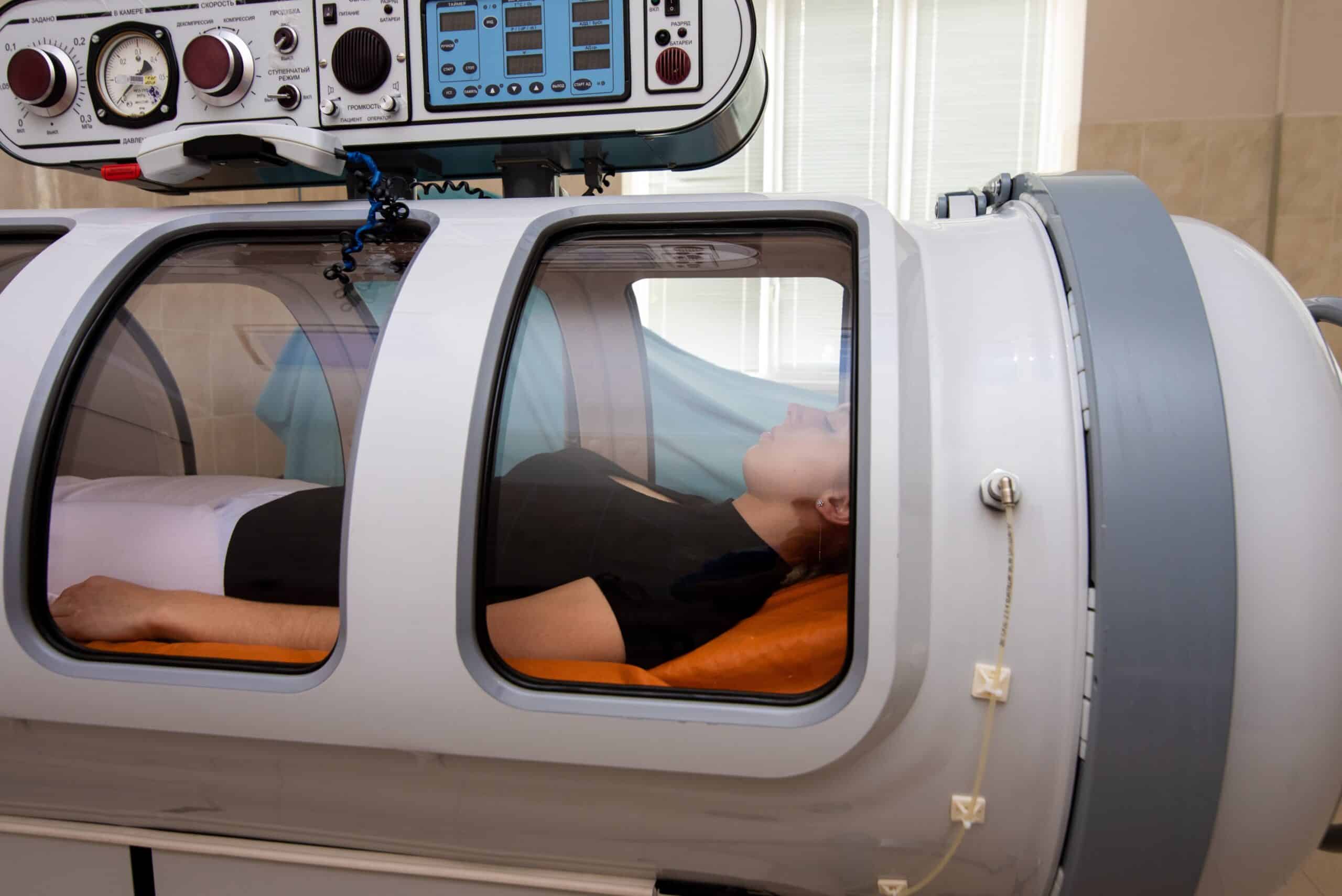Near drowning accidents can have traumatic effects on the developing neurological functions of a child. Annual estimates are that 15,000 to 70,000 near drowning cases occur within the USA, and it holds the fifth spot on the list of leading causes of unintentional deaths in the nation.
Many parents are doing research in hopes to find treatments which can help their injured children cope with their health conditions, and regain a more healthy state of mind and being. Hyperbaric Therapy treatment is stepping forward and becoming an alternative option that is being prescribed by medical professionals around the globe to treat patients for various conditions such as for those involved in near drowning incidents.
Victims can overcome the trauma of near drowning accidents if due care and precautions are taken at the right time. During the incidents the patient will typically lose consciousness if submerged under water for more than 2-3 minutes due to lack of oxygen to the brain; if rescued within 5-6 minutes of drowning the loss of life may be prevented but the oxygen deprivation to vital areas of the brain can result in severe neurological damage and life long disability, depending on water temperature and time under water. It is possible to drown for 30 minutes in a frozen pond and recover completely because the icy water will shut down metabolism; time under water and water temperature play major roles in the effects of hypoxia.
Children affected by near drowning require urgent and timely medical intervention to curb the risk of permanent brain damage experienced in brain hypoxia. The brain needs a constant supply of oxygen and nutrients to function properly. However, during the accident brain cells begin to deteriorate rapidly due to lack of oxygen, usually the cerebral cortex is the first area of the brain to be affected, which is responsible for critical functions such as memory, speech, recognition, and other allied motor abilities essential to leading a healthy life. Delays in treatment can result in impairment of basic cognitive ability, in most cases brain hypoxia will lead to paralysis coma if medical attention is not provided on time; additionally emotional trauma can also occur as the patient will require help to conduct basic day to day activities.
During the past few decades HBOT is an alternative treatment option that is gaining precedence over more traditional methods, and it is now being prescribed more often to treat a variety of conditions such as near drownings, and is also showing great promise in the treatment of PTSD, stroke, and Alzheimer’s disease.
Patients are placed in a total body sealed and pressurized chamber wherein 100% pure oxygen is administered into the bloodstream at higher atmospheric pressure than normal, which can range between 1.2 atm to 3 atm depending on the severity of the condition, and treatment plan. Hyperbaric Therapy treatments boost oxygenated blood supply to the brain, thereby aiding in controlling the degeneration of cells and accelerating processes of healthy brain tissues.
When it comes to the brain time is a massive factor, the earlier HBOT treatment cycles are initiated the better the chances of recovery are. It is mandatory of patients to undergo extensive medical evaluation before undergoing hyperbaric chamber therapy to correctly determine the correct treatment for the patient by a qualified hyperbaric expert.
Florida physical therapist, Dr. Ray Cralle, is an active advocate for the positive effects of HBOT, and has been involved in administering treatment to patients suffering from near drowning complications. Patients are seeing improvements after neurologists have said that there is no other option, they will never smell again, eat on their own, and never walk, among other complications.
Significant improvements have been observed by experts among patients with near drowning health afflictions in sensory functions, motor skills, bladder control, bowel movement, speech, and other allied cognitive abilities after successive sessions of HBOT. The number of sessions may vary from patient to patient, and some may require continued treatment, but the results being seen seem to be far worth it.
Among its various treatment options, the positive effects attributed to hyperbaric therapy are giving rise for good reason to be optimistic to children with near drowning health impediments by offering them a life line to a chance of recovery when they have been told there is none.




